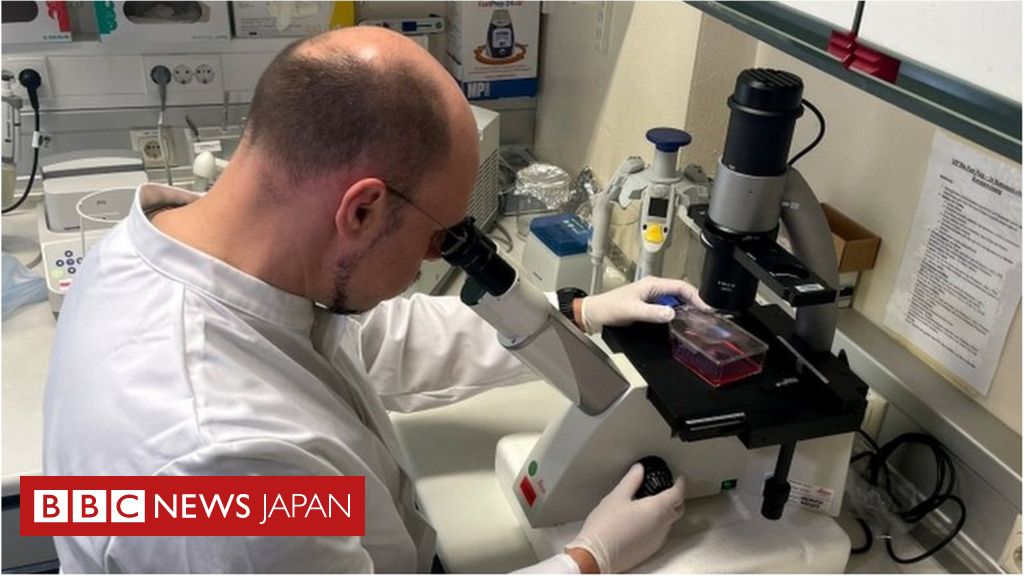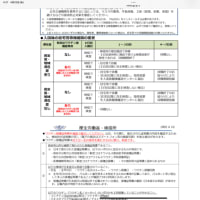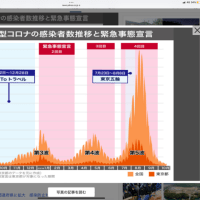サル痘の感染確認、15カ国に 欧米や中東で拡大
2022年5月23日付BBCニュースから
[ウィーン2022年5月22日 ロイター] - オーストリア保健当局は22日、初の「サル痘」感染者が確認されたことをツイッターで明らかにした。疑い例として確認作業を続けていた。 感染が確認されたのは男性患者。発熱と皮膚病変で22日に病院に運び込まれた。
2022年2月ビル・ゲイツは、ミュンヘン安全保障会議で「コロナのリスクは減ったが、また次のパンデミックが発生するだろう。新たなパンデミックは、コロナ系統とは異なる病原体を起源とするだろう」と・・・・
YouTube
↓
Bill Gates at the Munich Security Conference discussing omicron and vaccines
更に2017年にも発言している同じミュンヘン安全会議なる場で・・・・
Munich Security Conference
Thank you, David [Miliband]. It's great to be here today.
When I decided 20 years ago to make global health the focus of my philanthropic work, I didn't imagine that I'd be speaking at a conference on international security policy. But I'm here today because I believe our worlds are more tightly linked than most people realize.
Here's one example. I spend a lot of my time on the effort to eradicate polio. We've made incredible progress. Of the 125 countries where polio was endemic, 122 countries have eliminated the disease. Only Afghanistan, Pakistan, and Nigeria have never been polio-free. And that's no coincidence.
War zones and other fragile state settings are the most difficult places to eliminate epidemics. They're also some of the most likely places for them to begin—as we've seen with Ebola in Sierra Leone and Liberia, and with cholera in the Congo Basin and the Horn of Africa. So, to fight global pandemics, we must fight poverty, too.
It's also true that the next epidemic could originate on the computer screen of a terrorist intent on using genetic engineering to create a synthetic version of the smallpox virus . . . or a super contagious and deadly strain of the flu.
The point is, we ignore the link between health security and international security at our peril.
Whether it occurs by a quirk of nature or at the hand of a terrorist, epidemiologists say a fast-moving airborne pathogen could kill more than 30 million people in less than a year. And they say there is a reasonable probability the world will experience such an outbreak in the next 10-15 years.
It's hard to get your mind around a catastrophe of that scale, but it happened not that long ago. In 1918, a particularly virulent and deadly strain of flu killed between 50 million and 100 million people.
You might be wondering how likely these doomsday scenarios really are. The fact that a deadly global pandemic has not occurred in recent history shouldn't be mistaken for evidence that a deadly pandemic will not occur in the future.
And even if the next pandemic isn't on the scale of the 1918 flu, we would be wise to consider the social and economic turmoil that might ensue if something like Ebola made its way into a lot of major urban centers. We were lucky that the last Ebola outbreak was contained before it did.
The good news is that with advances in biotechnology, new vaccines and drugs can help prevent epidemics from spreading out of control. And, most of the things we need to do to protect against a naturally occurring pandemic are the same things we must prepare for an intentional biological attack.
https://www.gatesfoundation.org/ideas/speeches/2017/02/bill-gates-munich-security-conference



























※コメント投稿者のブログIDはブログ作成者のみに通知されます